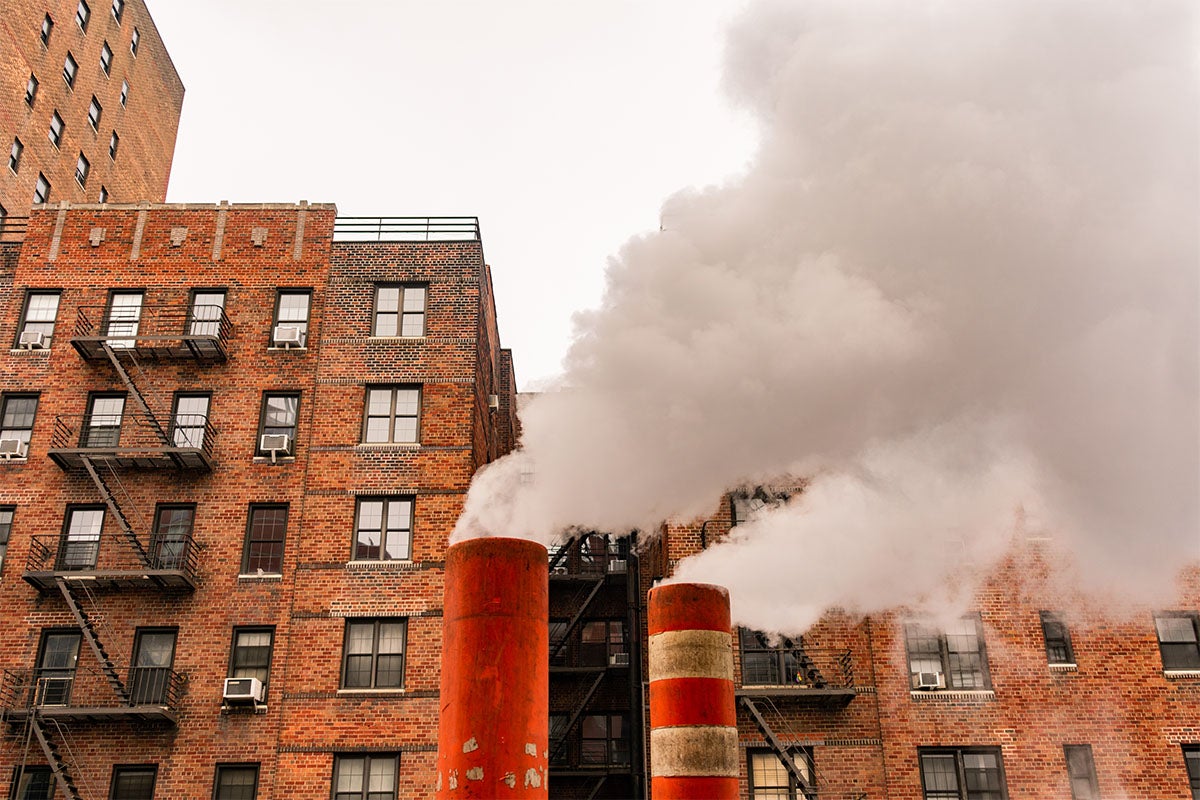Related Topics
Communities of color disproportionately exposed to PFAS pollution in drinking water
People who live in communities with higher proportions of Black and Hispanic/Latino residents are more likely to be exposed to harmful levels of per- and polyfluoroalkyl substances (PFAS) in their water supplies than people living in other communities,…

Substantial racial inequalities despite frequent health care contact found in treatment for opioid use disorder
In the wake of an opioid-related event, White patients received medication for opioid use disorder up to 80% more frequently than Black patients and up to 25% more frequently than Hispanic patients, according to a new study led…

Regulations reducing lead and copper contamination in drinking water generate $9 billion of health benefits per year, according to new analysis
The Environmental Protection Agency (EPA)’s Lead and Copper Drinking Water Rule Revision (LCRR) costs $335 million to implement while generating $9 billion in health benefits annually—far exceeding the EPA’s public statements that the LCRR generates $645 million in…

Harvard Chan School’s Christopher Golden receives grant to strengthen public health systems through artificial intelligence
Harvard Chan School’s Christopher Golden is among the recipients of the National Science Foundation’s recent $140 million investment in artificial intelligence (AI). He will co-lead a project aimed at strengthening the public health system in Madagascar through AI…

One in five surveyed would skip costly follow-up breast cancer screening
More than 20% of patients say they would forego follow-up tests after an abnormal mammogram if they had to pay a deductible, according to a recent study. The finding shows how health costs can interfere with the purpose…
Millions at risk of losing health insurance amid ‘Medicaid unwinding’
As states begin to reverify their Medicaid rolls amid the expiration of pandemic-era protections, recipients should be prepared to prove their continued eligibility or to find a new health insurer—a task that puts millions at risk of losing…
Children and their caregivers in ‘low-opportunity neighborhoods’ face increased risk of early death
Children in low-opportunity neighborhoods—where employment options are few, transportation is unreliable, and crime and poverty rates are high—face an increased risk of premature death and of experiencing the premature death of a caregiver, according to a new study…
Federal action needed to halt maternity ward closures, says expert
As maternity wards continue to close around the country, some states are implementing “bold and innovative” solutions—though none that will be as effective as federal intervention, according to Harvard Chan School’s Alecia McGregor.
Black Americans, low-income Americans may benefit most from stronger policies on air pollution
Stronger regulations lowering levels of fine particulate air pollutants (PM2.5) would benefit the health of all Americans, but Black Americans and low-income Americans would likely reap the most benefits, including a lower risk of premature death, according to…

Better Off Podcast: Is working from home unhealthy?
Working from home has its perks: Better coffee, easy commute, no fluorescent lighting. But, as any home office worker can tell you, there are also downsides: No more office social hours, no more ergonomic chairs, and no more…
